Book Review: Invisibles
Monday, March 16th, 2015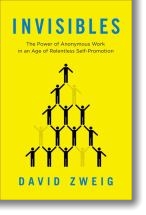 Zweig, David. Invisibles : the power of anonymous work in an age of relentless self-promotion. Portfolio/ Penguin, 2014. also available as an online audiobook
Zweig, David. Invisibles : the power of anonymous work in an age of relentless self-promotion. Portfolio/ Penguin, 2014. also available as an online audiobook
During my 33 years at Duke, I often hear faculty members say how much they love the Ford Library. They cite deep collections, seamless data, and beautiful buildings, but it is rare for anyone to acknowledge the people who make this all possible. To faculty members, the librarians who select materials in anticipation of their needs, the catalogers who make them “discoverable” online, and the IT managers who license and provide data at their fingertips, are almost invisible. Even reference librarians, once the public face of the library, are now anonymous, as research assistance takes place through email and IM.
Journalist David Zweig explains why. In his book, Invisibles, Zweig shows that for professionals with key technical skills, the better they perform, the more they disappear. It is only when mistakes happen that these specialists are noticed at all.
While Zweig does not analyze libraries per se, he uses many other examples of complicated work. He begins at the world’s busiest airport in Atlanta, where he interviews the man responsible for designing the cues (maps, signage, lighting, color) that direct millions of confused and disoriented passengers to their next destinations. He then moves on to the world of perfume, where a “Nose” follows a meticulous process to create new fragrances for clients. While Invisibles are found in all walks of life, many Zweig’s examples are from the arts, including architecture and music.
The people that Zweig calls the “Invisibles” are happy in their anonymity. Invisibles develop an expertise within a field and find meaning in the challenges that the work presents. As masters of their craft, they enjoy taking on more responsibility and working collectively with others. Invisibles are deeply respected for their skills by co-workers but do not seek rewards or recognition from those outside their professional group. For Invisibles, excellence is its own reward.
This book is recommended for all, but most especially for the Invisibles at Fuqua, as well as readers who enjoyed the best seller, Quiet by Susan Cain.
© Meg Trauner & Ford Library – Fuqua School of Business.
All rights reserved.
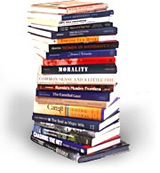 Winter is prime time for business journalists to announce the best books of the year. Forbes, Inc., Business Insider, Amazon, Goodreads – and now a new journal in the Ford Library, strategy+business by PwC – all publish lists of the best books for business people.
Winter is prime time for business journalists to announce the best books of the year. Forbes, Inc., Business Insider, Amazon, Goodreads – and now a new journal in the Ford Library, strategy+business by PwC – all publish lists of the best books for business people.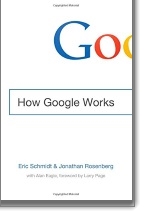 Schmidt, Eric and Jonathan Rosenberg.
Schmidt, Eric and Jonathan Rosenberg. 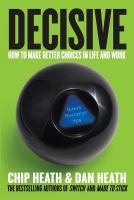 Heath, Chip.
Heath, Chip. 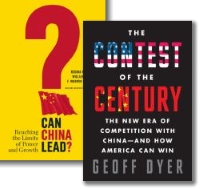 This review of two new books on China is dedicated to our DKU MMS students:
This review of two new books on China is dedicated to our DKU MMS students: Kay, Katty and Claire Shipman.
Kay, Katty and Claire Shipman.  Mohr, Tara.
Mohr, Tara. 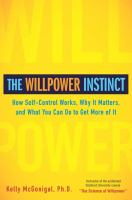 McGonigal, Kelly.
McGonigal, Kelly.  Lusk, Jayson.
Lusk, Jayson. 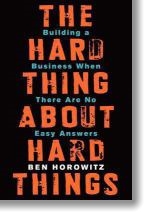 Horowitz, Ben.
Horowitz, Ben.  Congratulations, students! You have survived the intensity of Fall Term 1. Just polish off those final exams this week and you can bust out of town for Fall Break. Whether you head for the snowy slopes of Squaw Valley or the showy shops in New York, you can travel with America’s best storyteller, Malcolm Gladwell.
Congratulations, students! You have survived the intensity of Fall Term 1. Just polish off those final exams this week and you can bust out of town for Fall Break. Whether you head for the snowy slopes of Squaw Valley or the showy shops in New York, you can travel with America’s best storyteller, Malcolm Gladwell. Schulman, Daniel.
Schulman, Daniel.